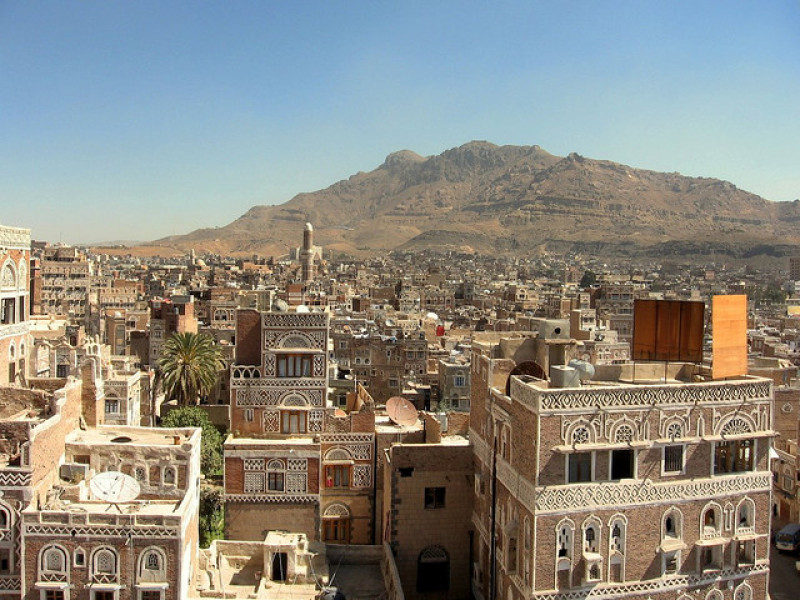
Abed Rabbo Mansour Hadi, the widely known political ally of the United States, stepped down from the presidency on Thursday after being held hostage in his own home by the Shiite rebels, recognized as the Houthis.
Apart from the fear that the Arab country might be broken down into smaller states to accommodate the demands of different factions, Hadi's resignation might signify a weak spot for the United States in the Western country's fight against al-Qaida, revealed a report from Reuters.
"We regret that it has come to this, and we apologize to you the patient people of Yemen and pray that God will sail Yemen to stability and safety," read part of the translated version of Hadi's resignation letter posted on the Twitter page of Naddia Sakkaf, the editor-in-chief of the Yemen Times. The said letter was addressed to the parliament's speaker.
Prior to the unprecedented retirement of virtually the entire government body of Yemen, the Houthi fighters have barged in the presidential palace and took control of the place. They also bombed the house of Hadi on Tuesday. These incidents came after the failure of both camps to reach an agreement.
The country's biggest military base was then captured on Wednesday by the Houthi fighters, while the group decided to surround the president's home with members of their team.
"The members of the Security Council condemned the recourse to violence in recent days, including the use of abduction, and urged all parties in Yemen to commit to the established processes of dialogue and consultation," the United Nations Security Council shared in an official statement released to the media earlier this week.
Moreover, the council called for the peaceful settlement of the differences between the two parties and urged for the immediate completion and public consultation of the constitutional draft. In the words of the Security Council itself, they implore the concerned groups to "rapidly engage in finalizing the constitution in a constructive manner which responds to the aspirations of the Yemeni people."
However, based on the recent turn of events, it appears that the Yemeni government and the warring rebels refused to heed the international body's advice.



















